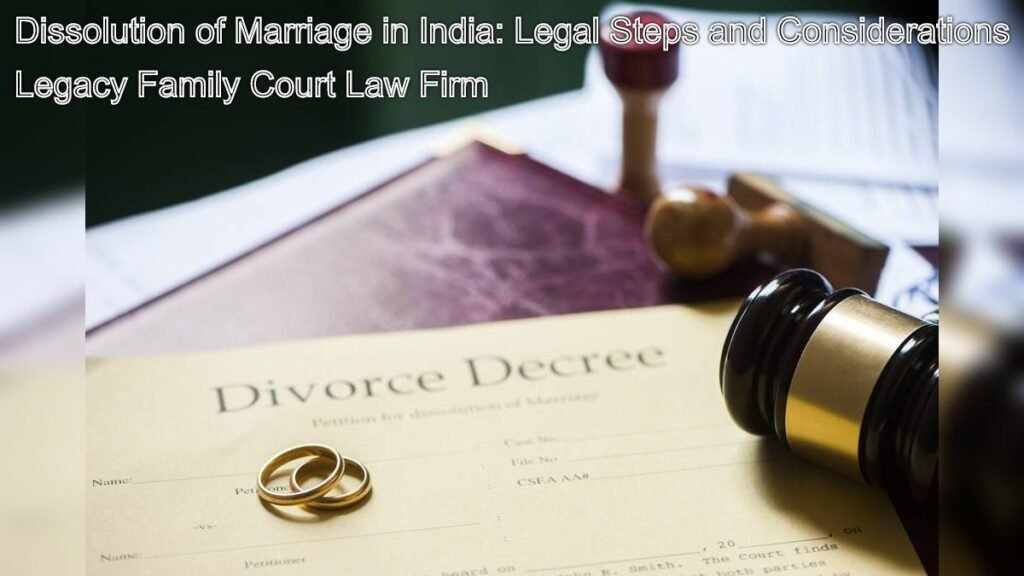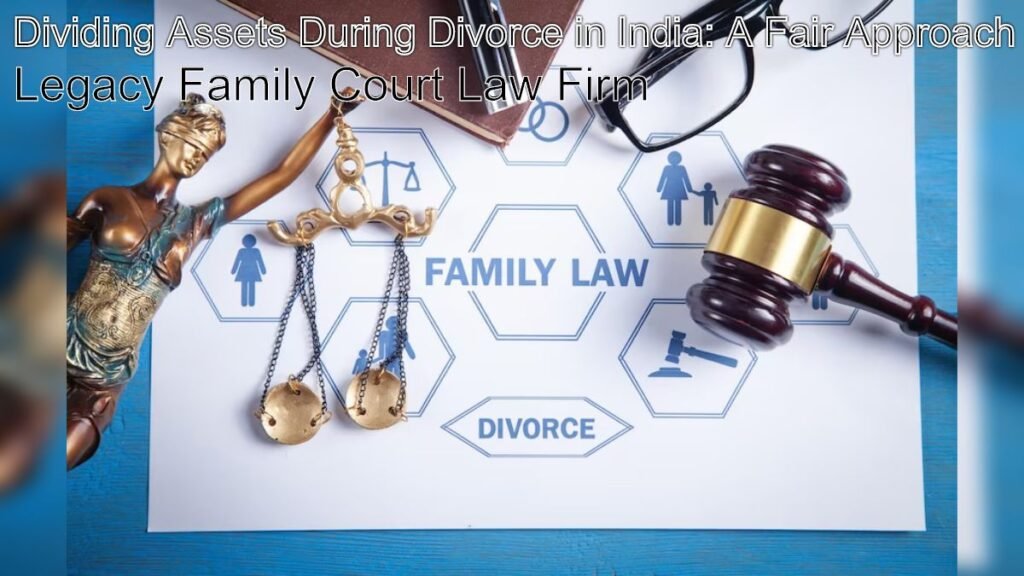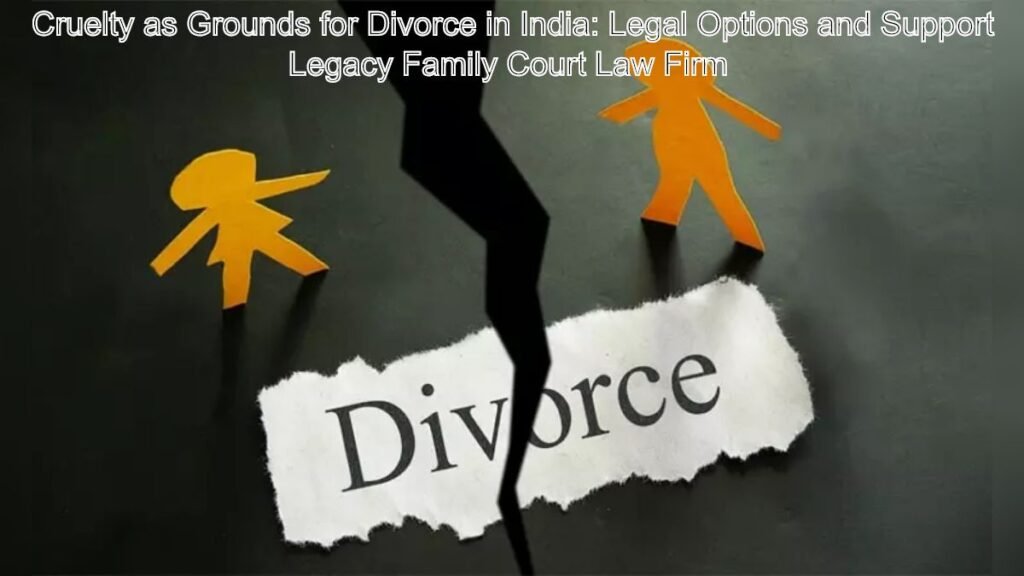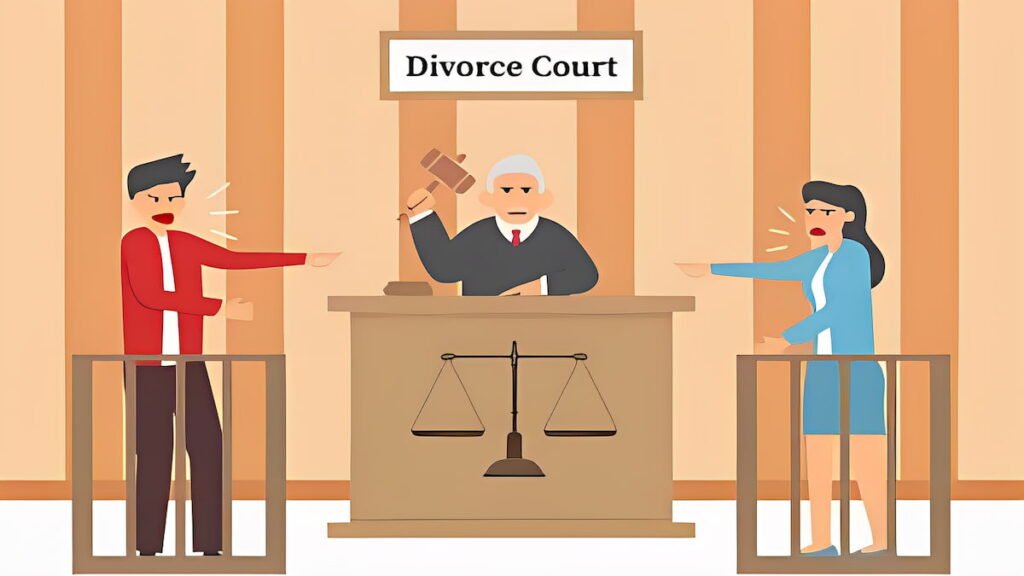Find a Divorce Lawyer Near You: Get Expert Legal Guidance
Divorce is a difficult and emotional experience. Many questions and anxieties arise during this time. One of the most important decisions you will make is finding the right divorce lawyer near you. An experienced attorney can guide you through the legal process, protect your rights, and advocate for your best interests. At Legacy Family Court […]
Find a Divorce Lawyer Near You: Get Expert Legal Guidance Read More »











